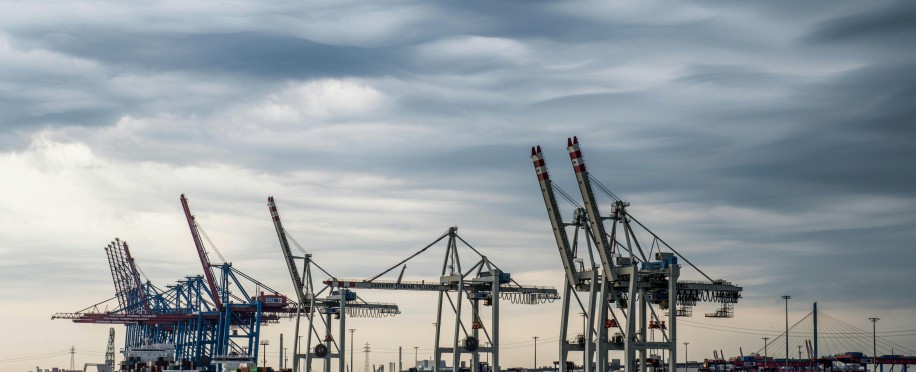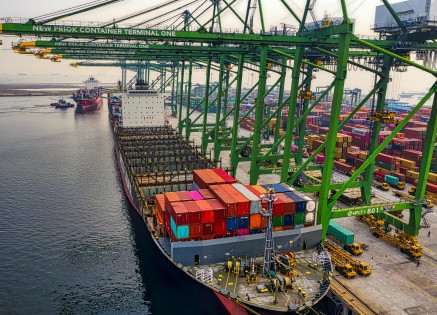Copyright © 2025 lmitac.com All Rights Reserved. Contact - Terms and Conditions - Privacy Policy - Quality Policy - Become an instructor - Vacancies - Sitemap
London Maritime Academy is a trade name for London Premier Groupversion: 2.9.0
London Maritime Academy is a trade name for London Premier Group

Posted on : 3/15/2025, 10:48:26 PM
Are you facing challenges in managing port operations efficiently? With the complexity of maritime operations and the increasing volume of global trade, particularly in the USA, the need for a Terminal Operating System (TOS) has become critical. Problems facing terminal operators include delays, poor planning, and challenges tracking containers and cargo. This is where Terminal Operating System (TOS) comes in to improve operational efficiency and reduce costs, giving ports a competitive advantage in the fast-paced world of maritime transport.
A Terminal Operating System (TOS) serves as an integrated digital platform for overseeing operations within marine terminals. It integrates immediate data and assists in planning, scheduling operations, and tracking containers, leading to optimized efficiency and reduced operational errors. Using cloud technologies and artificial intelligence, these systems enable the personnel to make data-driven decisions and optimize resource allocation, reducing downtime and increasing productivity.
A Terminal Operating System (TOS) is a sophisticated software solution designed to manage complex operations within marine terminals. This system aims to improve processes through efficient control of container movement, container terminal space planning, and vessel and equipment management. So, thanks to its advanced capabilities, it allows ports to handle large volumes of cargo in a more organized and efficient manner.
The TOS relies on advanced technology, such as integration with GPS tracking systems, data analytics, and intelligent automation. It optimizes the flow of information between various terminal departments, enabling accurate planning of vessel and truck movements, thereby reducing congestion and delays in operations.
Terminal Operating System (TOS) includes several features that make it essential for port management, including:

In port and shipping management courses, you will learn how selecting the right terminal operating system for your port helps you consider the following factors:
In a nutshell, a terminal operating system (TOS) is a main business investment that determines the future success of ports worldwide. If you are ready to improve operational efficiency, cut costs, and increase productivity, explore the master solutions available and choose the system that maximizes your investments and benefits.